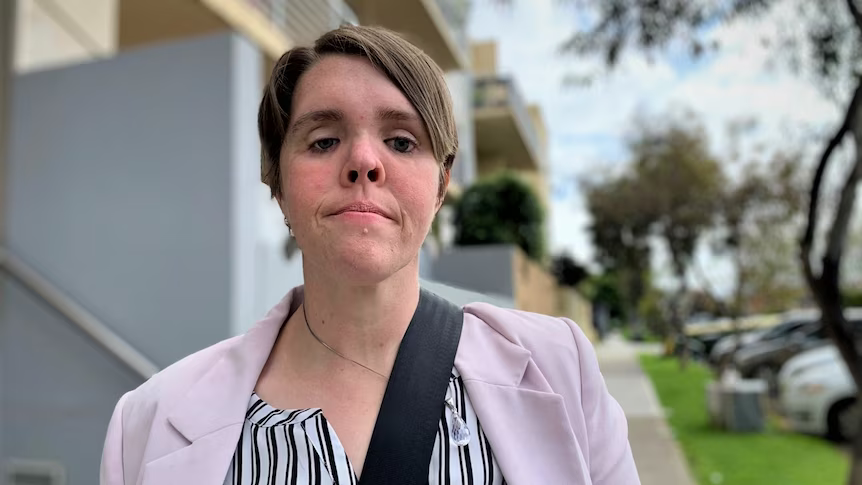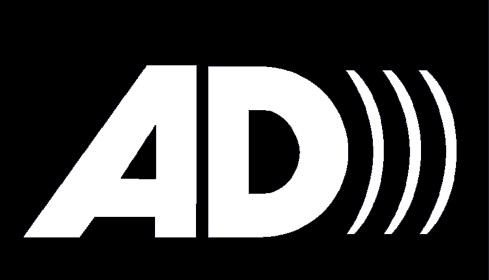
Henley v Australia (CRPD, 2022)
Violations: CRPD art 4(1), CRPD art 4(2), CRPD art 9(1), CRPD art 30(1)
 Partially remedied
Partially remedied
The UN says:
CRPD (2022)(a) Concerning the author, [Australia] is under an obligation to afford the author adequate compensation, including for any legal costs incurred in filing the present communication.
(b) In general, [Australia] is under an obligation to take measures to prevent similar violations in the future. In that regard, the Committee requires [Australia]:
(i)To adopt action plans and strategies to identify existing barriers to accessibility, including the provision of audio-description services to persons with visual impairments, set time frames with specific deadlines and provide both the human and the material resources necessary to remove the barriers. Such action plans and strategies should be strictly implemented. [Australia] should also strengthen its monitoring mechanisms in order to ensure accessibility and it should continue providing sufficient funds to remove barriers to accessibility and train monitoring staff;(ii)To take the necessary legislative and policy measures with a view to ensuring the provision of audio-description services to persons with visual impairments;
(iii)To educate persons with disabilities about their rights under the Convention and, in particular, about accessibility as a crucial means to enable them to live independently and participate fully in all aspects of life;
(iv)To ensure that appropriate and regular training and awareness-raising activities on the scope of the Convention and the Optional Protocol thereto, including on accessibility for persons with disabilities, is provided to all service providers of free-to-air television and other relevant stakeholders, to ensure that they are fully accessible, in compliance with the Convention. Awareness-raising should be carried out in cooperation with persons with disabilities, their representative organizations and technical experts.

Disability advocate Lauren Henley, whose rights, including her right to access television, are violated so long as Australia fails to progressively realise her right to access information, communications and other services using its maximum available resources (image: Kate Ashton, ABC News)
Lauren Henley, who is blind, made a complaint against Australia under the Convention on the Rights of Persons with Disabilities (CRPD) for failing to provide audio description on free-to-air television.
Audio description is a recorded narration describing visual elements of television (or theatre, film, museum exhibits, art, web content, etc.) in real time, usually in pauses between dialogue. On film and television, it is available via a secondary audio track which can be switched on for viewers who need it.
Blind Citizens Australia President Fiona Woods says audio description is not just for people with visual impairment: "I know people with autism find it helpful for labelling emotions. Even just people listening while they're cooking the dinner while their kids are watching can know what's happening."
In Canada and Aotearoa/New Zealand, audio description is mandatory on free-to-air television. Australia has no such laws.
Henley contended that measures had not been taken expeditiously or effectively, and were at best sporadic, with the most substantial measures being 2 audio description trials in 2012 and 2015. Ms Henley stated that Australia had made no deliberate, concrete or targeted plans, strategies or legislation requiring television broadcasters to provide audio description. She argued that Australia did not provide any evidence of resource or financial constraints that would impede the provision of audio description and that, in any event, such constraints are not valid excuses for failure to fully realise Convention rights. Ms Henley also took issue with the fact that Australia’s National Disability Strategy failed to mention audio description.
Ms Henley asserted that Australia violated her rights under article 9(1)(b) (access to information, communications and other services, including electronic services) and article 30(1)(b) (access to television) in conjunction with article 4(1) (non-discrimination), article 4(2) (realising economic, social and cultural rights progressively and with maximum available resources) and article 5(3) (reasonable accommodation), as it failed to ensure disabled people can enjoy television in an accessible format.
The Committee concluded that the obligation to implement accessibility is unconditional, and that Australia cannot use resource constraints to excuse failure to progressively realise accessibility for persons with disabilities. The Committee found that Australia lacked comprehensive and effective measures to implement accessibility obligations under the Convention.
The Committee recommended that Australia take the necessary legislative and policy measures to implement the full range of accessibility obligations. It found Mr Henley’s claims under article 5(3) were insufficiently substantiated, but found violations of articles 9(1)(b) and 30(1)(b), read with 4(1) and 4(2). Australia was ordered to take the necessary legislative and policy measures to provide audio-description services.
Responding in 2023, Australia disagreed with the Committee’s final views, disputing that violations of the Convention had occurred (para. 29) and declined to provide remedies.
Australia told the Committee it had met with Ms Henley to discuss her concerns about audio description. Its commitment to the full participation of disabled people in all aspects of life was given effect through Australia's Disability Strategy 2021-2031, which includes access to communications technologies.
Since 2020, the federal government has funded 14 hours/week of audio described content on SBS and the ABC. Australia increased its funding to both public broadcasters to support audio description over 2022-25. It cited increases in the amount of audio-described content being delivered on free-to-air television. As for commercial free-to-air television and streaming services, the Minister for Communications stated her intention in 2023 to “work with the industry on a framework and timetable” to increase audio description (para. 16). Australia did not agree to any legislative change or mandating minimum requirements for audio description.
Henley was dismayed by Australia's recalcitrance:
It’s disappointing the Government has failed to accept the expert finding and recommendations of the UN Committee.
"While I’m pleased there’s a commitment to improve the availability of audio description on Australian television, it’s time for stronger action. The Committee made a clear recommendation: laws and policies should be updated to require audio description on Australian TV. The Government has the power to do that.
Says the CEO of Blind Citizens Australia (BCA): "It can’t be left to the industry to self-regulate. BCA has been engaging directly with broadcasters about audio description since 2016. Their ongoing inaction shows that if it’s not legislated, it won’t happen."
Read Australia’s response to Henley v Australia
Read the full decision: Henley v Australia (August 2022)

A logo denoting audio description or AD